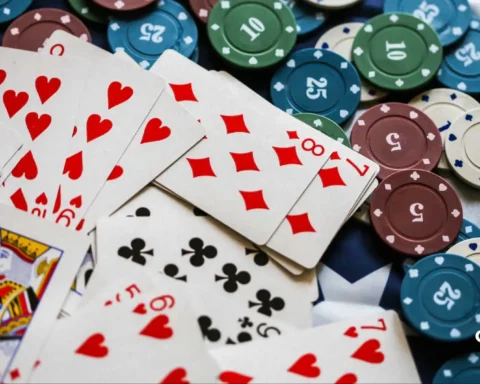The relationship between education and psychology is an interesting one. It stems from the fact that both operate within similar domains, each involving the inner workings of the mind.
Through education, we aim to train the mind. It is the process by which our minds are systematically or, at times, randomly fed information and instruction. The underlying hope is that by doing so, we acquire enough skills across a variety of domains to confront the world better.
Psychology is a field of study whose main aim is to better understand the inner workings of the mind across the conscious, subconscious and even unconscious.
Table of Contents
Historical Perspectives on Education and Psychology
Historically, education and psychology have been treated as separate fields. This is in part because the former predates the latter by a significant margin of time. Early famous architects of educational structure and philosophy include Plato and Aristotle.
However, with the advent of psychology as a field, we were introduced to the idea of a marriage between psychology and education. After all, one hopes to train the mind, and the other hopes to better understand it. The relationship between education and psychology became a curious study.
This relationship was explored by John Dewey, a psychologist and educator who worked in progressive education reform in the 19th and 20th centuries. Dewey believed that education and learning are social and interactive processes, and thus, the school itself is a social institution through which social reform can and should take place. He also believed students thrive in an environment where they are allowed to experience and interact with the curriculum.
This marked a shift in the perspective of the education and learning process. It was also one of the first interactions that bred the relationship between education and psychology.

The Relationship Between Education and Psychology
Psychological theories refer to a group of frameworks that help understand and possibly predict human behaviour, thoughts and emotions. Some of these frameworks can be utilised to develop more functional educational practices. These include:
Behaviorism, as the name implies, focuses on the behavior of people and their response to stimuli. This theory posits that behaviour can be trained. This was further employed in the classroom through the use of reward systems that motivated students, particularly young children, to strive for good grades.
Another theory adopted due to the budding relationship between education and psychology was the use of constructivism. Jean Piaget posited that learners “constructed” their knowledge through their experiences and interactions with the environment and others. This translates to the use of a more practical and hands-on approach to education, as well as group and collaborative projects.
Cognitivism is another area of psychology closely linked with education. Cognition involves memory, thinking and problem-solving. Cognitivism sees students as active in the learning process and not just passive recipients of information.
Cognitive and Emotional Development in Education
Cognitive development refers to the growth of children’s ability to think, make decisions and retain information. Jean Piaget once again employed the relationship between education and psychology. He proposed tailoring the education model to suit the cognitive development of a child.
The cognitive development ought to work in tandem with the emotional development of a child and student.
Emotional development refers to the ability of an individual to experience, express, and manage emotions. Since emotions are a great influence on one’s well-being, fostering proper emotional development is crucial. Various scholarly works have drawn positive correlations between positive emotional development and good academic performance.
Conclusion
Exploring the relationship between education and psychology aims to better understand and use this symbiotic relationship. Bridging the gap will undoubtedly yield better learning outcomes that ought to reflect whatever metric determines educational success.
However, this relationship should not be left in the palms of passivity. Educators ought to further explore the relationship between education and psychology in order to be able to influence learning actively.

FAQs
What is the role of education in psychology?
Psychology is an academic field that employs many educational tools. One subset of psychology is educational psychology, which operates within the confines of the relationship between education and psychology. Simply put, educational psychology aims to understand how individuals learn and how to positively affect the process.
What is the relationship between social psychology and education?
The relationship between education and psychology can be further explored through the lens of social psychology and how it relates to education. Social psychology is the study of how people’s thoughts, feelings and behaviours amongst other people. As learning mainly happens in schools, a very social environment, understanding the social dynamics within that environment becomes imperative in order to better understand how to improve learning.
What is the relationship between educational sociology and psychology?
Another prism that can be employed in the relationship between education and psychology is the exploration of educational sociology and psychology. Sociology studies society as a whole. By understanding cultural and social norms, standards and expectations in the context of education, one can further understand how the psychology of the individual is influenced.









